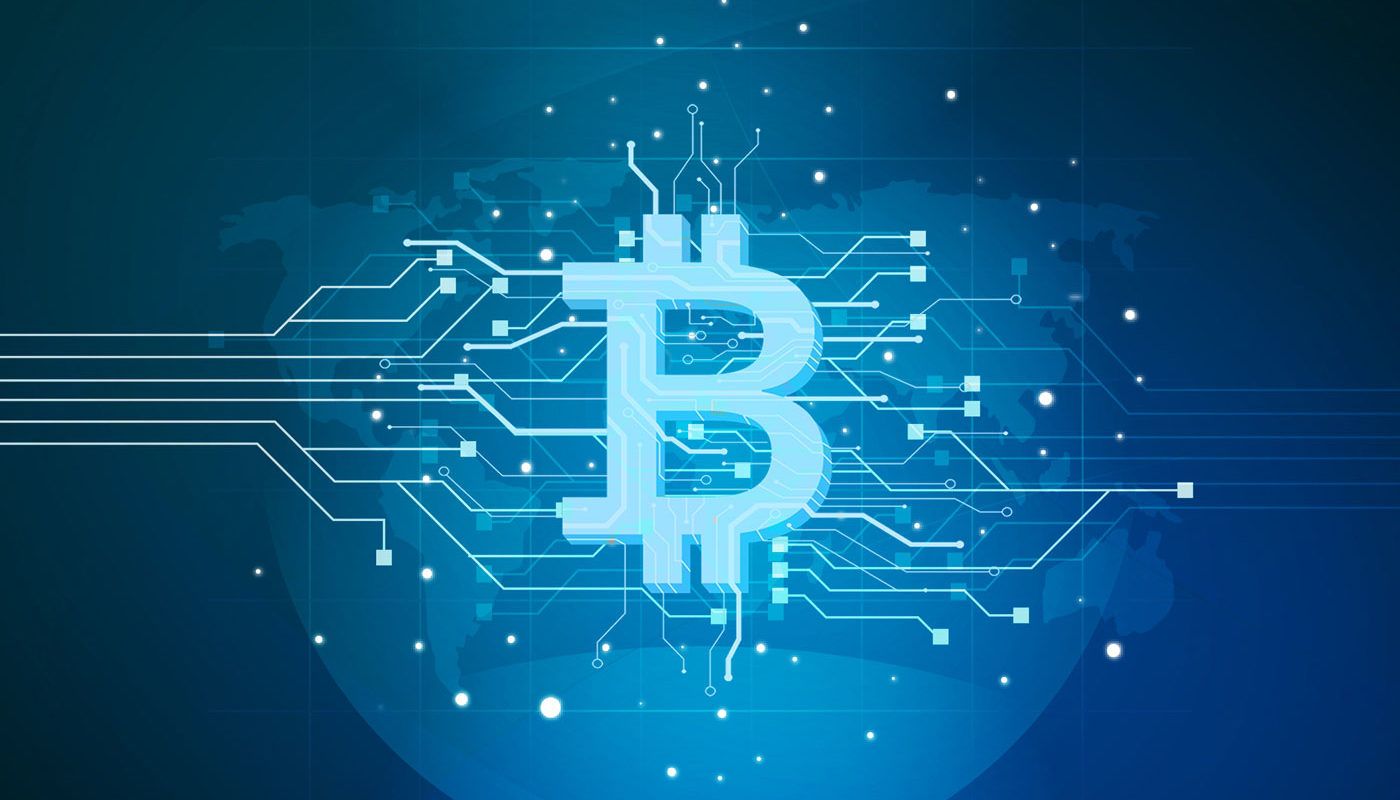This article by Trace Mayer was first published on WeUseCoins website.
The 7 network effects of Bitcoin are as follows:
Speculation - As a novel, cryptographically-backed asset class with the potential for appreciation and high volatility, Bitcoin is perfect for speculators with a high tolerance for risk. HODL!!!
Merchant Adoption - Merchants will increasingly accept Bitcoin because they can increase their profit margins by avoiding credit card fees and chargebacks.
Consumer Adoption - Consumers can use Bitcoin to save money at certain vendors. For example, getting a 20% discount on Amazon by spending Bitcoin through Purse. Additionally, consumers can buy things with Bitcoin that they cannot buy (easily) in any other way. Consider: An American can buy Persian rugs or Cuban cigars online despite trade embargoes. Bitcoin increases the efficiency of the economy, particularly in niche areas such as these.
Security - Merchant, consumer, and speculator adoption lead to a higher price and thus incentivize more miners to participate and secure the system. The decentralized, immutable transaction ledger also serves as a form of Triple Entry Bookkeeping, wherein Debits plus Credits plus the Network Confirmations of transactions increase trust and accountability across the system.
Developer Mindshare - Bitcoin is a dumb and predictable network with simple rules and a publicly-auditable codebase. It is fertile ground for the development of complicated algorithms, machine-to-machine payment protocols, smart contracts, and other tools. Its decentralized nature allows for innovation without permission. Altcoins (such as Litecoin and Ethereum) pose little threat as Bitcoin is already dominant as a store of value and as a medium of exchange in the cryptocurrency space. If you harbor doubts about the importance of this currency network effect — or worry about altcoins overtaking Bitcoin in some other way; I would point you to Daniel Krawisz with an insightful and thought-provoking article on the subject: “The Coming Demise of Altcoins”. Ultimately, developers will continue to flock to Bitcoin.
Financialization - Bitcoin will eat up progressively more of the market share of legacy banking institutions in areas such as remittances, micropayments, peer-to-peer lending, and the exchange of stocks and securities. This process has already begun (consider NASDAQ’s support of Open Assets/Colored Coins for the transfer of securities, NYSE’s investment in Coinbase, etc.). Old money risks dying out lest it embrace new protocols such as Bitcoin.
Adoption as a World Reserve Currency - Eventually all transactions will be settled on the blockchain, including house titles, stock purchases, car titles, and other monetary instruments and currencies. Network effects one through six culminate in this final network effect. Any newcomer in the realm of cryptocurrency or traditional currency, for that matter; would need to beat Bitcoin in all seven of these areas. This is unlikely considering the pace of development in Bitcoin Core, the level of investment in Bitcoin companies around the world, the growth in Bitcoin’s user base, and on and on; Further price increases will only accelerate the process. Finally, a speculative attack could dramatically boost the value of Bitcoin almost overnight.
Bitcoin is a strong currency: it thrives on the internet; it frees its users from 3rd parties; it saves merchants money; it is deflationary; its code can be audited by all; its developers work tirelessly to improve upon it; the list goes on. The above-listed network effects can only serve to strengthen it. Competitors beware.
Trace Mayer’s talk:
